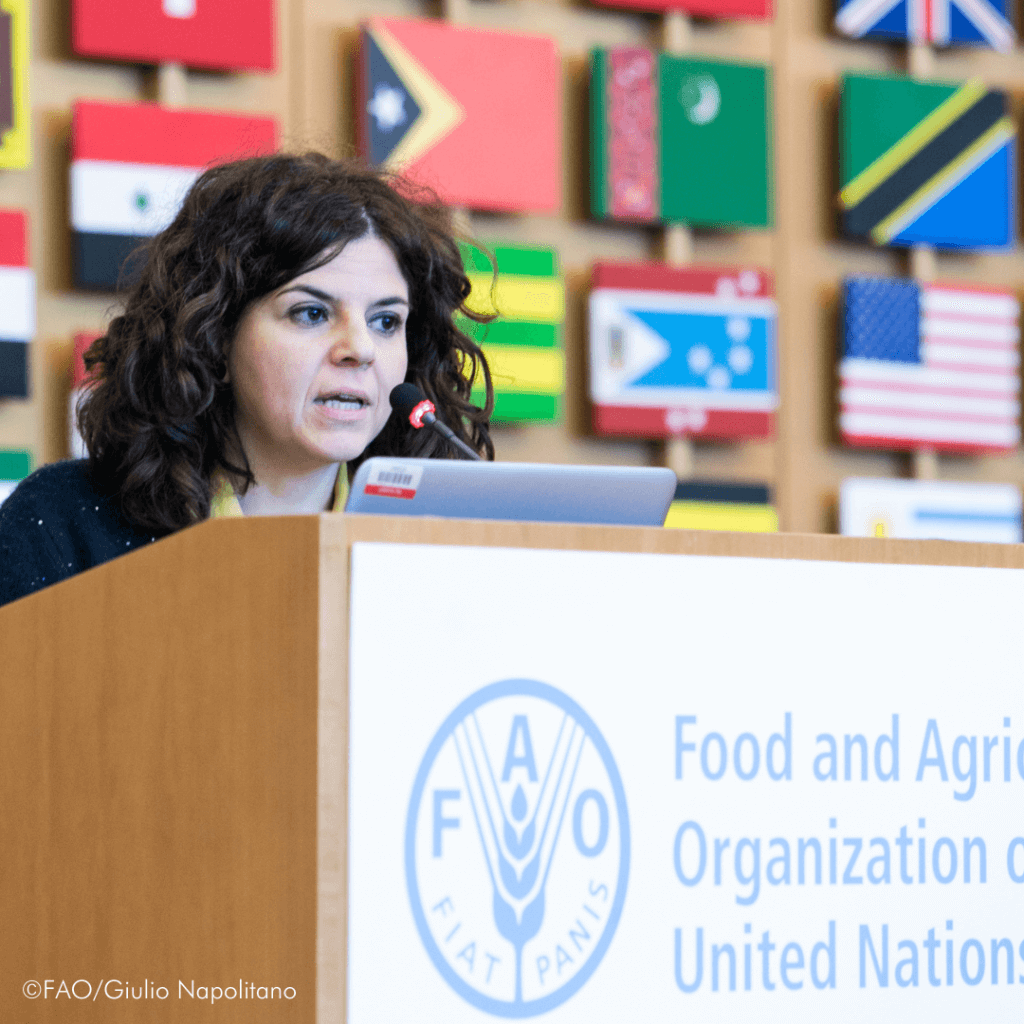SEAwise is led by a core team of partners who lead the programme’s work themes and regional case studies, and spearhead the fantastic work being done to encourage our SEAWise Network to get involved in all areas of our research. They bring their knowledge and experience of fisheries and marine ecosystems, not to mention their enthusiasm and passion, to make a real impact to the longevity of sustainable management systems. Collectively, they make up our Steering Committee.
We spoke with each of them to hear more about what drives them to work towards the implementation of EBFM, and find out what excites them most about their work within SEAwise!

How is EBFM important to you?
The approach of inclusivity represented by EBFM is key to my research. The consideration of a wide range of effects on the ecosystem is integral to finding trade-offs across various management strategies that take wider impacts on human systems into account. Furthermore, in facilitating trade-offs between different priorities, EBFM streamlines the involvement of a diverse range of stakeholders which, in my opinion, is the first step toward sustainable fisheries and healthy ecosystems.
Which aspects of Ecosystem Based Fisheries Management interest you most, and why?
The aspects of EBFM my research will focus on are mainly related to the identification of the key social and economic aspects of fisheries, and specifically to the:

How do you think your work in SEAwise will improve Ecosystem Based Fisheries Management?
SEAwise will provide a better understanding of how ecosystems and their components respond to multiple stressors. Key issues – such as interactions between species, effects of environmental changes, and impacts of pollution and other stressors on habitats – will be included in a unique tool to allow fishers, managers, and policy makers to apply EBFM in their own fisheries. This approach will improve the involvement of key fisheries stakeholders and enhance their awareness of their role within an EBFM system, highlighting the need for collaboration in order to succeed.
Isabella’s research centres on modelling fish population dynamics, and she is the developer of the BEMTOOL model which incorporates biological, social, and economic factors affecting fisheries. She contributes to the EU Data Collection Framework program and is closely involved in stock assessments for the Mediterranean through her work with the Scientific, Technical and Economic Committee for Fisheries (STECF) and the General Fisheries Commission for the Mediterranean stock assessment working groups. Within SEAwise, Isabella leads the Social and Economic Effects of and on Fishing work theme.
Our dynamic network of fisheries stakeholders is key to SEAwise’s work. We are actively seeking representatives from key management agencies, the fishing sector, NGOs and the scientific community to take part in workshops and other in-person or online knowledge-gathering activities. The shared insights and lived experiences of network members will support the development of a comprehensive understanding of the needs and priorities of a diverse range of fisheries stakeholders, and how to fulfil these.
Stay up to date with SEAwise news and research, hear about upcoming events, and receive updates on fisheries news from across the European seascape.